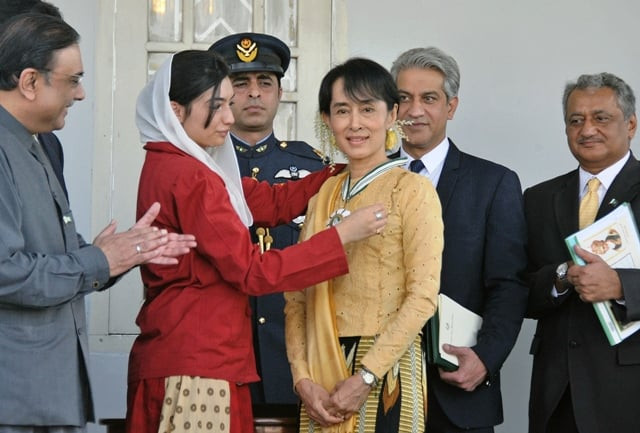Progress in Myanmar
Myanmar is still far from being a democracy, but it appears as if the army is ready to give up most of its power.

Myanmar is still far from being a democracy, but after decades of brutality and suppression, it appears as if the army is finally ready to give up most of its power and allow the civilians to have a say in the running of the country’s affairs. The international community has responded in kind and is now considering lifting sanctions on the country. This would be a wise move as the flooding of European and US money, goods and influence should help speed up the liberalisation process. The next test for the military will be the by-elections that are to be held on April 1. Among the candidates is Nobel Peace Prize winner Aung San Suu Kyi. The opposition group, the National League for Democracy, has also announced that it will take part in the by-elections. Should the elections proceed smoothly and the process gets certified by independent international groups, it will be the strongest sign yet, that the military is actually serious on reform. Just a year ago, Myanmar was an international pariah. The rapid speed of change has been to the credit of the tireless opposition that has suffered death, prison and torture to advance its cause.
Published in The Express Tribune, January 26th, 2012.















COMMENTS
Comments are moderated and generally will be posted if they are on-topic and not abusive.
For more information, please see our Comments FAQ